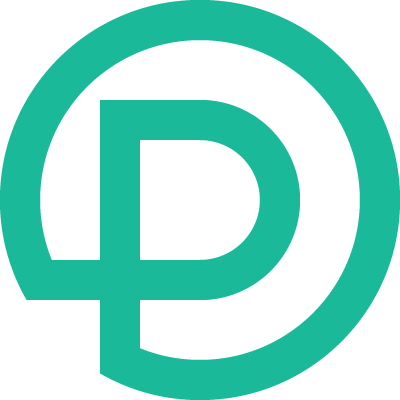
What is the grant management system?
The grant management system" is a software application designed to help organizations manage the entire process of grant management, from application and approval to reporting and evaluation.
Typically, a grant management system will have features that allow grant seekers to submit applications electronically, provide workflow tools to help program officers review and evaluate applications, and automate the grant-making process from awarding grants to tracking progress and assessing outcomes.
Some common features of a grant management system might include application management, budget tracking, financial reporting, document management, and reporting tools.
There are many different grant management systems available on the market, each with their own set of features and capabilities. The choice of system will depend on the specific needs and requirements of the organization in question.
Nonprofits need a grant management system (GMS) for several reasons, as such systems offer a range of benefits that can significantly improve their efficiency and effectiveness in managing grants. Here are the key reasons why nonprofits should invest in a grant management system:
Streamlined Grant Application Process:
A GMS simplifies the grant application process by providing a centralized platform to manage all applications, track deadlines, and ensure all necessary documents and information are submitted correctly and on time.
Improved Efficiency and Productivity:
Automation of routine tasks such as data entry, reporting, and communication reduces administrative workload, allowing staff to focus on more strategic activities like relationship building and program development.
Enhanced Data Management:
A GMS offers robust data management capabilities, enabling nonprofits to store, organize, and retrieve data easily. This is essential for tracking grant performance, financial management, and compliance.
Better Financial Oversight:
With integrated financial management features, a GMS helps nonprofits monitor budgets, track expenses, and ensure funds are used appropriately. This is crucial for maintaining transparency and accountability.
Increased Accuracy and Reduced Errors:
Automation and centralized data reduce the risk of errors that can occur with manual processes. This ensures accuracy in reporting and compliance with grant requirements.
Improved Reporting and Analytics:
A GMS provides comprehensive reporting tools that help nonprofits analyze performance metrics, measure impact, and generate reports required by funders. This data-driven approach supports informed decision-making and strategic planning.
Enhanced Compliance and Risk Management:
Grant management systems help nonprofits stay compliant with various funder requirements and regulations. They offer tools for risk assessment, policy enforcement, and monitoring to ensure adherence to grant terms and conditions.
Better Collaboration and Communication:
These systems facilitate better communication and collaboration among team members, grant partners, and funders by providing a shared platform for updates, document sharing, and progress tracking.
Scalability and Growth:
As nonprofits grow, a GMS can scale with them, accommodating increased numbers of grants and more complex requirements without a proportional increase in administrative burden.
Enhanced Transparency and Accountability:
By providing a clear audit trail and real-time access to grant information, a GMS enhances transparency and accountability, which are critical for maintaining funder trust and public confidence.
In summary, a grant management system empowers nonprofits to manage their grants more effectively, improve operational efficiency, and achieve better outcomes for their programs and initiatives.
Create your account in Portal365 for free and enjoy your NGO grant management system
